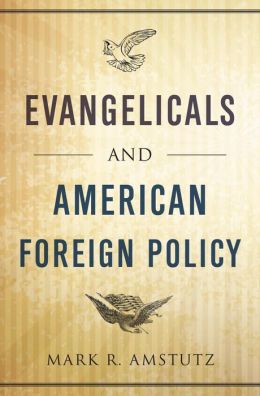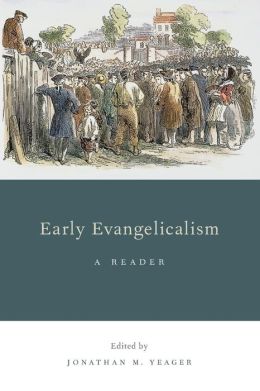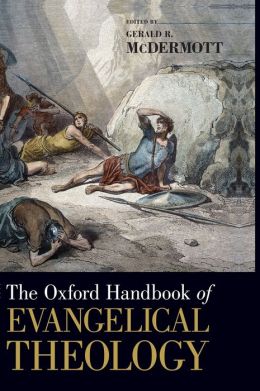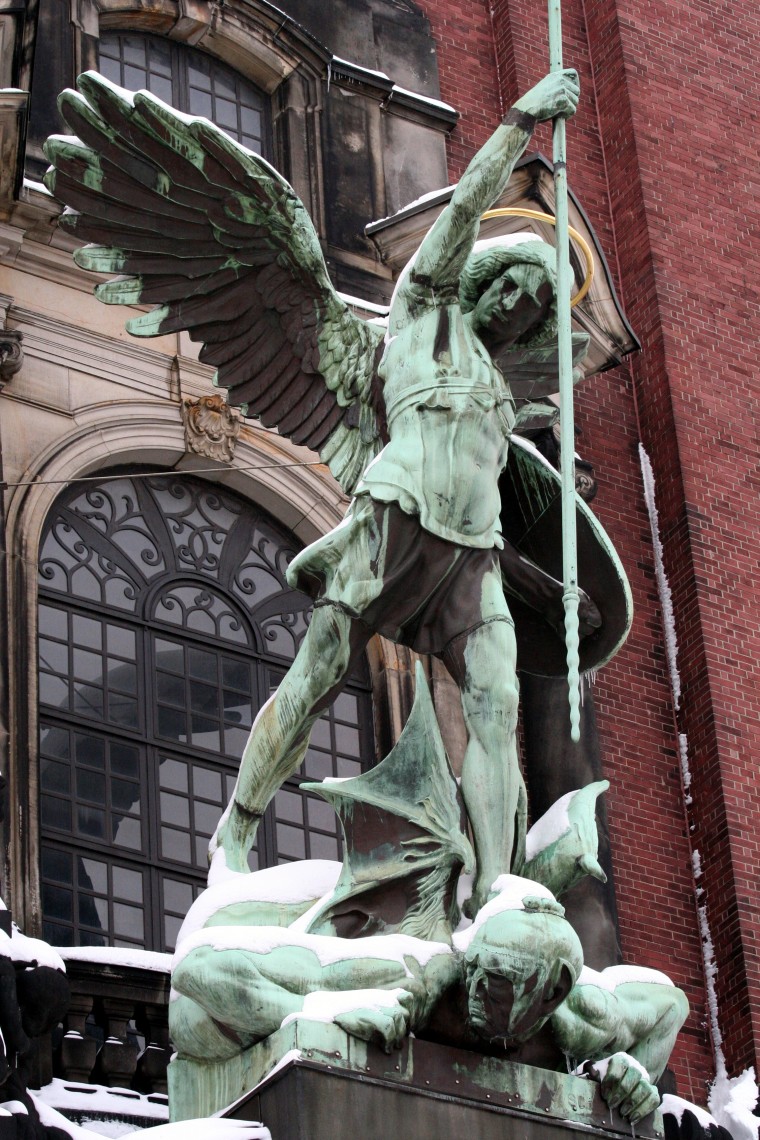Center for Reflective Citizenship at UTC, which was founded by Lucien and former SunTrust Chair of Excellence in Humanities, Wilfred McClay.
This weekend institute is meant to offer training for local educators, approximately two dozen of whom will hear speakers talk about the importance of including religion in their teaching. The Center for Reflective Citizenship hopes to convince teachers that religion has played a vital role in America, from its founding to the present, and should be included in any basic courses on American history. As sponsors of this event, Lucien and I believe that religion is a subject worthy of serious attention by educated people, and so we hope to remind teachers of the influential religious traditions that have permeated American history and culture.
Below is a draft of the program.
Friday, November 15
4:45pm-5:00pm Jonathan Yeager and Lucien Ellington, Welcome and announcements
5:00pm-6:30pm: Tracy Mckenzie (Wheaton College): "The Place of Religion in
American Education"
Break
Dinner and Keynote: 6:45pm-8:45pm: Daniel Dreisbach (American University): "The Role of the Bible in the Political Culture of the Founders"
Break
Dinner and Keynote: 6:45pm-8:45pm: Daniel Dreisbach (American University): "The Role of the Bible in the Political Culture of the Founders"
Saturday, November 16
8:30am-9:45am: John Fea (Messiah College): "The Faiths of the Founding Fathers"
8:30am-9:45am: John Fea (Messiah College): "The Faiths of the Founding Fathers"
10:00am-11:15am: Donald Clark (Trinity University): "The Impact of 19th
and 20th Century Protestant Missionaries in East Asia"
11:30am-1:00 pm: Lunch and Keynote: Wilfred McClay (University of Oklahoma): "How
and Why and What We Should Teach Our Students About Religion in the 21st Century"
1:10 pm-2:25 pm: Molly Worthen (UNC-Chapel Hill): "Women and Religion in
American History"
2:30 pm-3:45 pm: Michael Cromartie (Ethics and Public Policy, Washington D.C.): "Red God and Blue God: The Shifting Contours of American Religion and American Politics"
3:45-4:00 pm: Evaluations and Conclusion
2:30 pm-3:45 pm: Michael Cromartie (Ethics and Public Policy, Washington D.C.): "Red God and Blue God: The Shifting Contours of American Religion and American Politics"
3:45-4:00 pm: Evaluations and Conclusion
If you know of any outstanding teachers who would be interested in attending this weekend institute, please have them contact me and I will gladly supply them with an application.






















